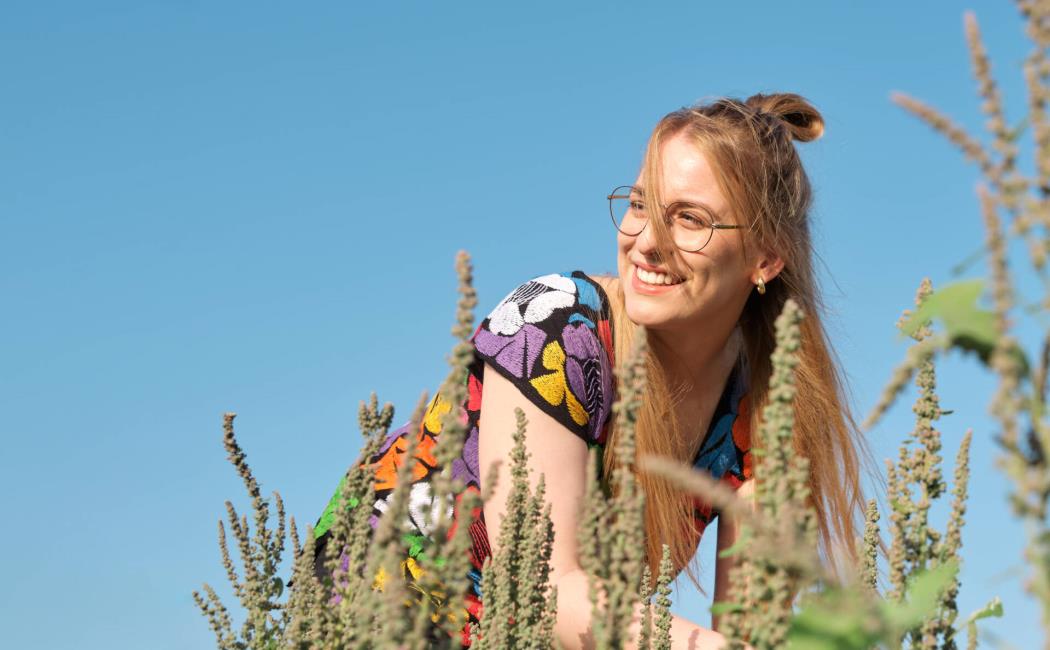
Playing the right cards to answer questions on a hardy old grain
07 February, 2023
Quinoa is widely known as a superfood, but it is also a remarkably adaptable crop, growing in many harsh and inhospitable environments.
It was quinoa’s potential to address global problems of food security in a changing climate that attracted Clara Stanschewski to study the crop.
“I am driven by my motivation to contribute to efforts toward food security, one of the many challenges that are intensified by climate change,” she says.
It has been a circuitous journey for Stanschewski, who came to KAUST for a three-month internship in the Red Sea Research Center to study bacterial communities in cultures of algae exposed to experimental warming.
“With my background in marine science and climate change, the Red Sea Research Center seemed like the perfect place for me,” she says. But, while doing her placement, Stanschewski read an article in KAUST Discovery magazine and became fascinated by the research of another group at KAUST led by Mark Tester. His group in the Center for Desert Agriculture uses genetic approaches to reintroduce salinity tolerance from certain wild plants to their domesticated relatives.